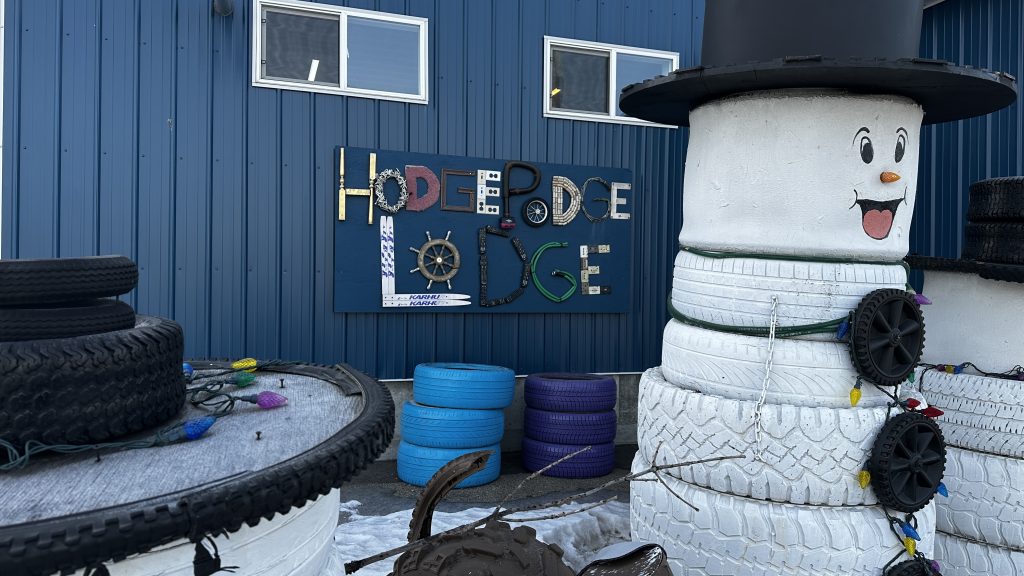New UCP bill could mean 2 added electoral ridings in Alberta

Posted November 5, 2024 3:44 pm.
Last Updated November 5, 2024 3:47 pm.
There could be two more seats in Alberta’s Legislature if changes to a law revealed Tuesday are implemented.
The provincial government’s Bill 31 could see a number of proposed changes to the Electoral Boundaries Commission Act would see the commission increase the number of electoral ridings — also known as constituencies — in Alberta from 87 to 89.
The Act in its current form says the population of each provincial constituency can’t be more than 25 per cent above, or more than 25 per cent below, the average population of all electoral divisions.
The province says nine of its electoral divisions are above the 25 per cent population threshold, thanks to a significant population boom since the last provincial election in 2023.
According to provincial data, Alberta’s population grew by around 204,000 people, or 4.4 per cent, between July 1, 2023 and July 1, 2024. This is the highest annual growth rate since 1981 and the highest among all provinces.
The Electoral Boundaries Commission would be responsible for reviewing existing electoral boundaries, as well as making proposals to the Legislature about the area, boundaries, and names of the divisions. This Commission is appointed eight to 10 years after the appointment of the previous commission, according to the province.
There are several considerations to be made when it comes to drawing new electoral boundaries, including the sparsity and density of the population, communities of interest, including municipalities, regional and rural communities, reserves, and Metis settlements, and geographical features, including the availability and means of communication and transportation between various parts of the province.
The province also says the desirability of understandable and clear boundaries and the rate of population growth are also considered.
Changes to the Critical Infrastructure Defence Act
There could also be changes to the Critical Infrastructure Defence Act, which levies fines against individuals or companies found to have trespassed or interfered with the operations of critical infrastructure and subsequently caused damage.
The Act, which became law in 2020, currently includes infrastructure such as pipelines, rail lines, oil sites, highways, and electrical lines. The proposed amendments could see health care facilities incorporated into the definition of essential infrastructure.
A person found to have violated the law can face a fine of $1,000 to $10,000, up to six months in jail, or both, for their first offence. Penalties for a second offense range from $1,000 to $25,000 in fines, six months in jail, or both.
Corporation found to have broken the law are subject to fines of between $10,000 and $200,000.
Each day a site blockade continues is considered a new offence.
The law has made headlines in recent years, specifically for its role in the prosecution of COVID-19 protestors, including those involved in the Coutts border blockade, and individuals protesting the construction of pipelines.
Change would mandate up-to-date crime reporting for municipalities
The province has also introduced the Public’s Right to Know Act, which would mandate public crime reporting.
The law would allow the Minister of Justice to require government departments, municipalities, and police services to provide up-to-date data to the public.
It says this would foster greater sharer of information and a better understanding of the criminal justice system.
Amendments for presenting evidence in court
Changes have been proposed to the Alberta Evidence Act, which describes the process for people to give evidence in court either orally or in writing.
Albertans would be able to certify information electronically rather than visiting a courthouse or paying to swear or affirm an oath in person. Process will still be available for those who prefer in-person and paper-based execution of documents.
The province says these amendments would give Albertans simpler and more modern processes for confirming the truth of the information they give in court.








